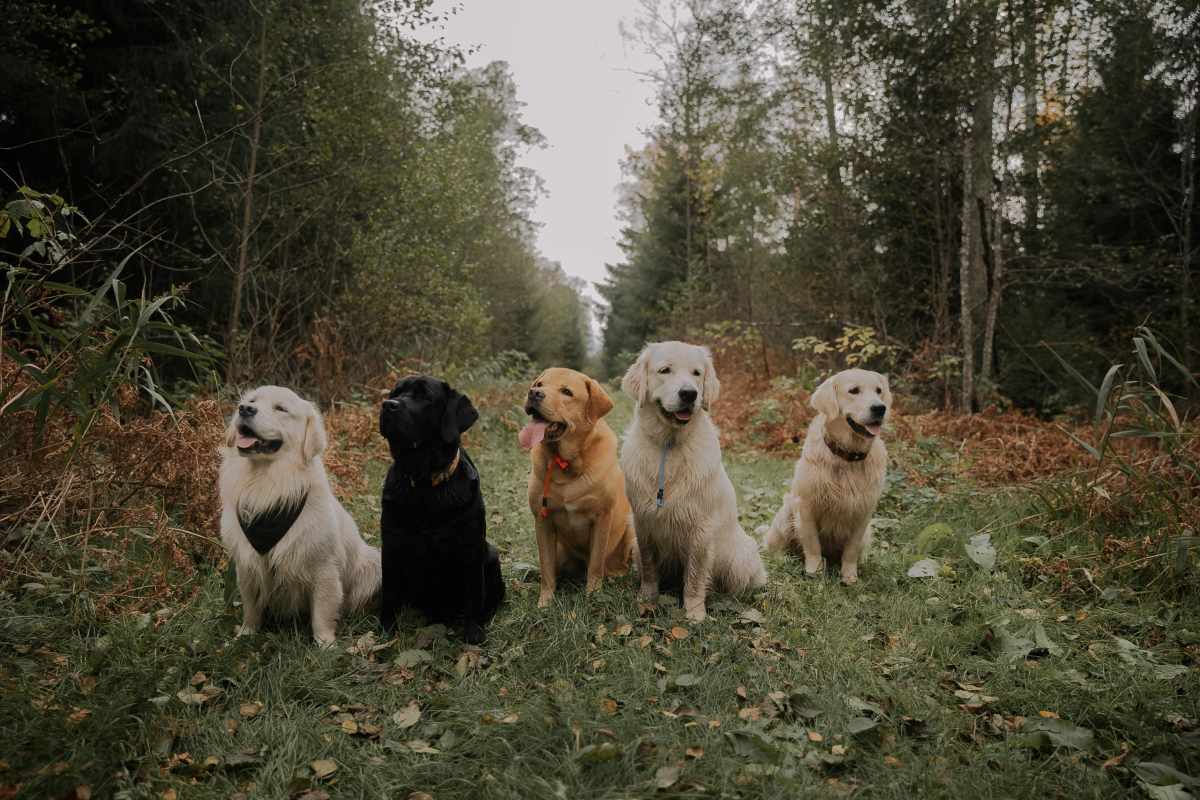America’s favorite dog breeds could 'vanish' in 10 years under new health rules

A widely noted announcement warned that new health rules could cause some of America’s favorite dog breeds to "vanish" in ten years. The discussion focused on how changes now underway may alter the dogs people know best. The update shared on Tuesday, November 18, 2025, also raised questions about why these steps are being taken, what problems they aim to solve, and how owners may be affected in the future. With growing concern about animal welfare and responsible breeding, the issue has become part of a wider effort to rethink how dogs are bred and cared for.

According to the New York Post, breeds such as Pugs, French Bulldogs, and English Bulldogs have long been shaped by features like flat faces, bulging eyes, and wrinkly skin. These traits may look cute to many owners, but they often bring serious health problems. They face a high risk of infections, difficulty moving, and serious breathing problems, and many eventually need surgery just to breathe normally. Studies have shown that dogs born with such features can suffer pain and discomfort as per the National Library of Medicine.

To address this, scientists launched a toolkit called the innate health assessment, or IHA, which scores a dog on ten traits, including wrinkly skin, merle coloration, saggy eyelids, under or overbite, bulging eyes, no tail, twisted legs, shortened legs, flat faces, and stiff spines. Professor Lord Trees, co-chairman of the APGAW, called the tool “a valuable contribution to reducing the chronic ill-health associated with extreme conformations in dogs,” adding that extreme appearance remains “the most chronic and prevalent welfare issue in dogs.”

The new system places strict limits on which dogs can be bred by licensed breeders. At launch, only dogs scoring eight or above will qualify, with the standard rising to nine in five years and all ten in ten years. Dr. Dan O’Neill, a professor at Royal Veterinary College who helped create the tool, told The Telegraph, “The plan here is that in 10 years time, there will not be a single dog bred in the UK by a licensed breeder that has any extreme conformation.”
The IHA was developed by the All Party Parliamentary Group for Animal Welfare, which says the goal is not to ban breeds but to change definitions so future dogs are born healthy. O’Neill explained that many owners have been “brainwashed” into believing a breed is healthy simply because it is popular, saying, “We’re saying that it’s not about breed, it’s about the dog.” He also mentioned that the IHA may gradually shift the standard features of breeds like Pugs and Dachshunds. The effort has wide support from charities, insurers, and the Kennel Club, which said it backs initiatives that improve health, although it wants a “more veterinary-based and nuanced approach.”

Not everyone agrees with the plan. Some groups argue that responsible breeders should not be held accountable for the actions of careless ones. Sandy Moore of the Pet Advocacy Network shared with The Post that warnings of disappearing breeds are overstated, saying, “Claims that popular breeds will ‘disappear’ are alarmist and ignore the fact that these dogs live happy, healthy lives when bred responsibly.” She also said responsible breeders have long worked with veterinarians and clubs to set high standards and do not need government-mandated changes that “punish good breeders along with the bad.”